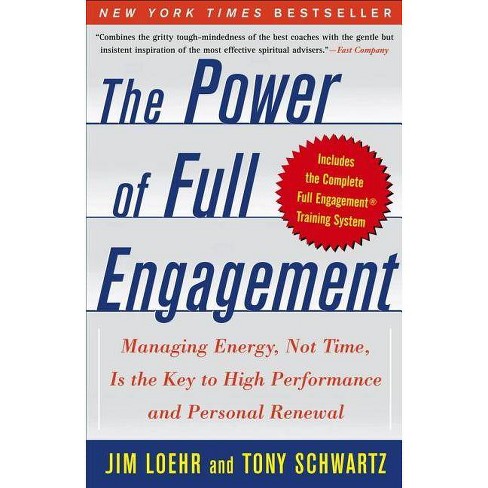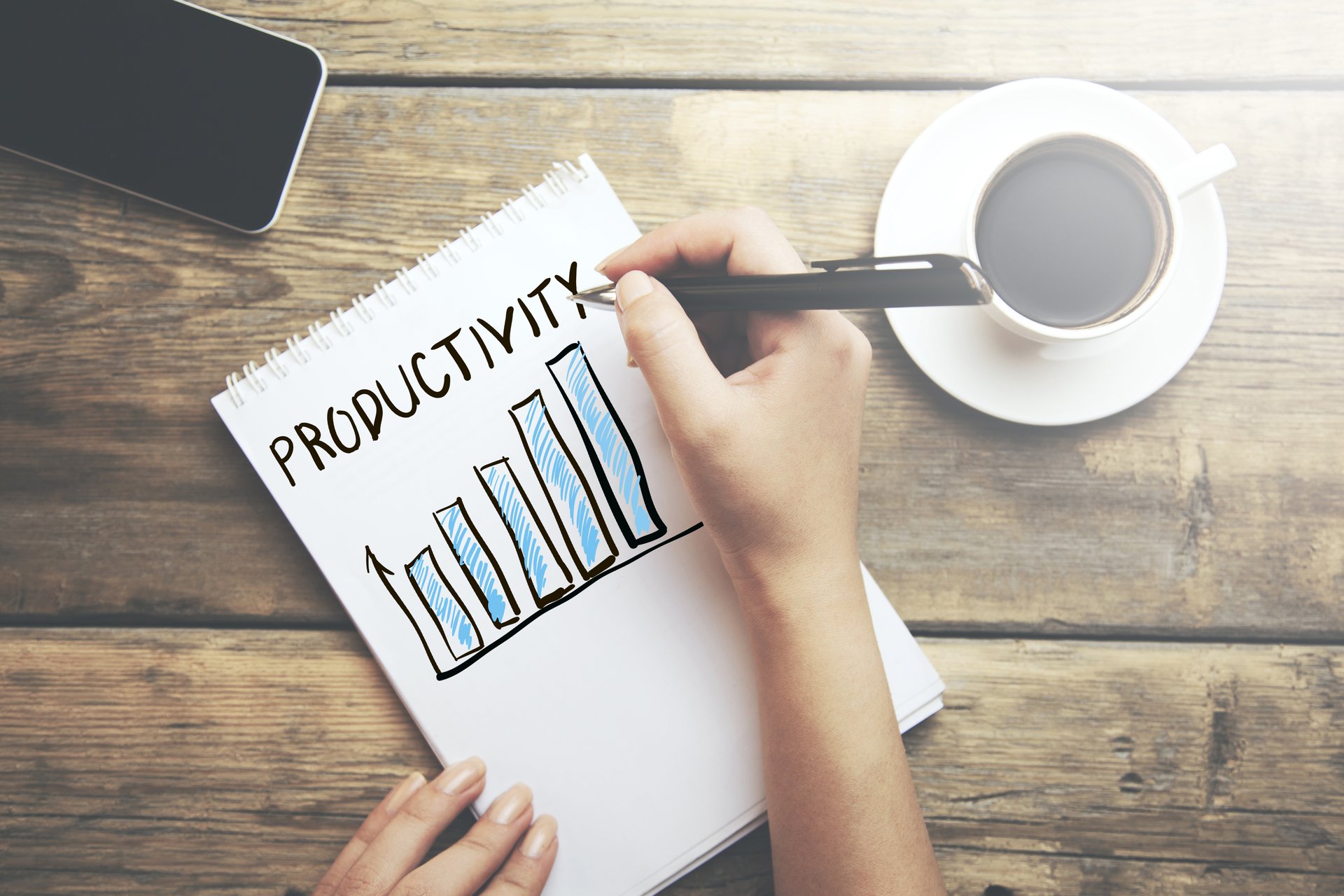The Real Secret to Time Management
Businesses re-opening throughout the United States may not signal the end of the COVID-19 outbreak, but it does mean that employees of all industries will finally begin to return to some form of normalcy. This means that we all will need to break the bad habits that we have slowly developed during the Stay-at-Home orders. Yes, the return to the fast pace deadline filled business world can be daunting for anyone, especially if you happen to suffer from Attention Deficit Disorder (ADD/ADHD) like me. Believe me I know the struggle of staying focused and productive more than most people as it has been a constant challenge throughout my life and career. However, this also means that I have accumulated a couple of helpful tips and tricks that will help you get the most out of your workday. Although I touched on this subject a little bit in ICC’s blog post about working from home as well as another blog post about the importance of a clean workspace. I did not have the chance to truly dive into it. Regardless of whether you work in an office, at home, or even at a desk at all, we all succumb to the temptations of procrastination and subsequently a loss of productivity in our work.
 The Trouble of Time Management
The Trouble of Time Management
Have you ever found yourself questioning where all the time went at the end of the day? You spent your whole 8 hours attempting to knock out your To Do list all while balancing an onslaught of emails and requests for help from your coworkers and customers alike. It is no secret that the stress of work can be overwhelming. Especially when it seems like the only possible way to manage your demanding workload is by adding more hours to the day. Sadly, there is no sustainable way to add more hours to the day. Skipping meals, coming in early, or even staying up late can all have costly effects on your health. Not to mention the negative impact it can have on your personal relationships with friends and family. It’s a common misconception that time management is the real secret to being productive. Too often people assume that by giving themselves more time in a workday or week, they will somehow be more productive, sadly this is just not the case. The International Labor Office (ILO) even once did a study on the average work week of each country and found that although the United States had the longest work week Americans were still less productive than other countries. Instead of focusing on the length of your workday, you should focus on the quality of your work. Coauthors and performance psychologists Jim Loehr and Tony Schwartz dedicate their book “The Power of Full Engagement” to this very concept. As stated in the book, “The ultimate measure of our lives is not how much time we spend on the planet, but rather how much energy we invest in the time that we have.” They suggest that instead of viewing your job or workday as one big marathon that you need to steadily conquer, you should break it down into small “sprints” of fully engaged work. When we look at our workday as a whole, it is easy to get overwhelmed by the constant push and pull of various responsibilities. The modern-day employee wears many hats and thus it can be tempting to try and multitask as a means to save time. However, Loehr and Schwartz point out that it is often during these periods of multitasking or partial engagement when mistakes are made. Attempts to power through your work will only result in burnout or poor productivity.

Full engagement requires more than just your mental focus on a task as it requires you to be taking care of your physical needs as well. As mentioned earlier in this post, sleep and meals are two things that you should never be skipping. Especially if you are doing so in an attempt to get more work done. Loehr and Schwartz argue that whatever we do requires energy, and thus you need to recharge your body’s energy with good nutrition and rest. Rest goes beyond simply getting 8 hours of sleep every night. Although this is important, it is also equally important that you take mental and physical rests in between your “sprints.” If you work at a desk then it is recommended that you should take a moment to stretch your legs as well as give your eyes a break from staring at a computer screen. Don’t work at a desk? Taking a break to sit down and rest is equally important. Unfortunately for anyone with a standing desk, standing or sitting for long periods of time can both equally result in muscle tension and pain.

How to be Fully Engaged?
Once you start viewing your workday as a series of sprints instead of a marathon, you will begin to find yourself less overwhelmed. Unfortunately, this is not a change that can simply happen overnight. Yes, it will take some time and serious life changes to achieve this goal. Even then, Loehr and Schwartz emphasize that it is an ongoing process that requires the creation of highly specific energy management rituals. However, every journey begins with just one step, so here are some quick tricks that have helped me break down my work into a much more manageable and meaningful routine.
- Create a Doable To Do List
If you were to open up my computer you would find not one but two To Do lists. Not because I am crazy, but because I understand that I cannot always get everything done in just one day. The same goes for you whether you want to admit it or not. Instead of creating a mile long To Do list, create a master list and a daily list. By shrinking the size of your daily list, you will notice a relief in the pressure to rush through your work. - Flip You Inbox
Most people have their email set to be read from newest to oldest as it is the default layout for most email services. The problem with this setup is that it often pulls our attention away from the task at hand any time a new email pops up in the inbox. An easy way to suppress this urge is by flipping your inbox to read from oldest to newest. If you want to take this step further, you can even create folders in your inbox as a means to group emails together based on their similar actions. I work in the branding department here at ICC so I separate my inbox into folders like “Artwork”, “Upcoming Projects”, etc. Thus, whenever I am doing my artwork sprint of the day, I can easily find all the information needed for the various pieces I need to create. - Create Your Schedule
This last tip is best achieved by utilizing the first two. You may not be able to decide when you clock-in for the day but you are capable of deciding how you spend it. People are different and the world is filled with night owls and early risers of all variations. Thus, you should plan to do your most challenging tasks during the time of the day when you have the most energy. I even like to schedule all of my easiest tasks for first thing in the morning. This way I start every day with a couple of accomplishments to charge up my motivation!
I hope that you find these tips as helpful as I did when I first learned them. Changing old habits is never easy but I promise in the end it will be worth it. Believe me when I was feeling stressed out and overwhelmed at work, adding breaks to my day was the last thing I thought would help. Little did I know that by doing so, I would not only accomplish more but also feel better. I hope that you will find the same results!
Enjoyed the blog? Feel free to visit our blog page to read some other helpful articles varying in a wide range of topics. You can also check out ICC’s vast inventory of office supplies and business products to help you find all your office needs in one place.


